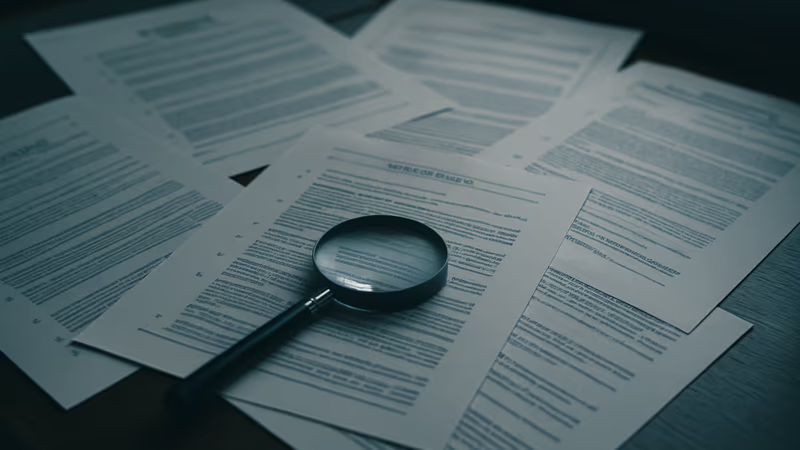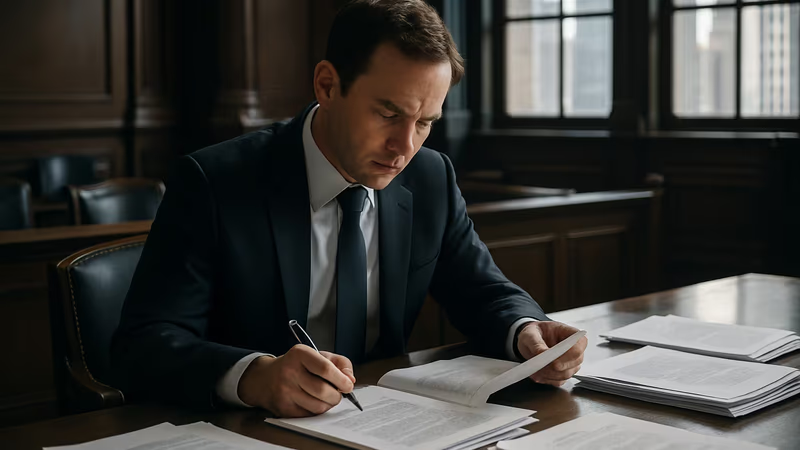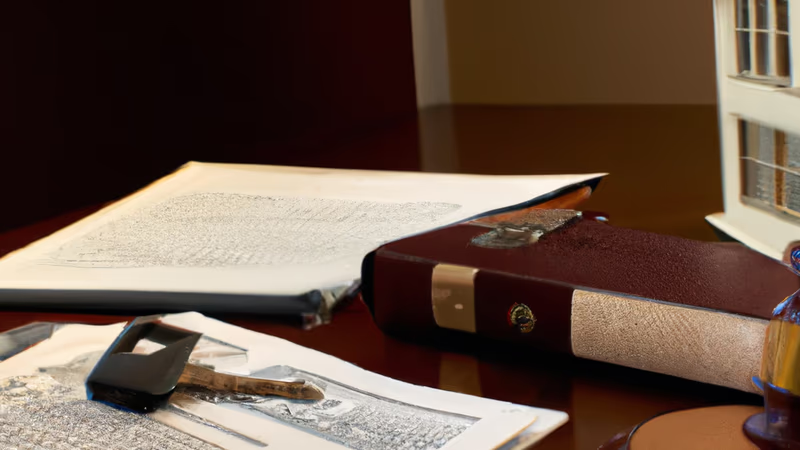
Here is a procedural one for you
New York appellate court clarifies that submitting fresh evidence or arguments in reply papers provides reasonable justification for granting motion renewal.
Read More →14 articles by Jason Tenenbaum, Esq.

New York appellate court clarifies that submitting fresh evidence or arguments in reply papers provides reasonable justification for granting motion renewal.
Read More →
Court grants reargument when it reviews the merits of a motion, even without formally stating so. Learn how this procedural principle works in practice.
Read More →
Court grants renewal motion to correct typographical error in affidavit, demonstrating judicial discretion when parties show reasonable justification for mistakes.
Read More →
New York appellate court case analyzing motion to renew procedures and trial calendar restoration after clerical errors in personal injury litigation.
Read More →
New York appellate court clarifies that renewal motions can be granted when parties correct procedural errors in previously submitted documents, even if the underlying facts existed before.
Read More →
Court denies plaintiff's motion to renew lost summary judgment motion 12 years later in premises liability case, highlighting strict standards for post-appellate renewal motions.
Read More →
Court grants renewal motion after law office failure, defendant wins summary judgment in no-fault insurance case when plaintiff fails to raise triable issues of fact.
Read More →
Learn when CPLR 2221(a) motions are appropriate for vacating court orders in NY personal injury cases. Expert analysis of Tangalin v MTA decision.
Read More →
Court grants plaintiff's renewal motion to correct defective medical affirmations, allowing second chance to submit proper documentation in personal injury case.
Read More →
Henry v Peguero 2010 case analysis examining causation requirements in 5102(d) serious injury threshold claims, renewal motions, and potential Court of Appeals review.
Read More →
Explore NY appellate decisions on granting leave to renew when improper affirmations instead of affidavits are used in legal motions and procedural requirements.
Read More →
Learn about proving standing in New York foreclosure cases without assignment. Key legal precedents and defense strategies for Long Island homeowners.
Read More →
Learn how CPLR 2106 affirmation defects can be corrected through renewal motions in NY litigation. Expert guide for Long Island attorneys on procedural requirements and remedies.
Read More →
Learn about Motion to Reargue deadlines in New York civil litigation. Expert guidance on CPLR 2221(d)(3) and when the 30-day rule may be tolled. Call 516-750-0595.
Read More →Injured? Don't Wait.
Get Your Free Case Evaluation Today
No fees unless we win — available 24/7 for emergencies.